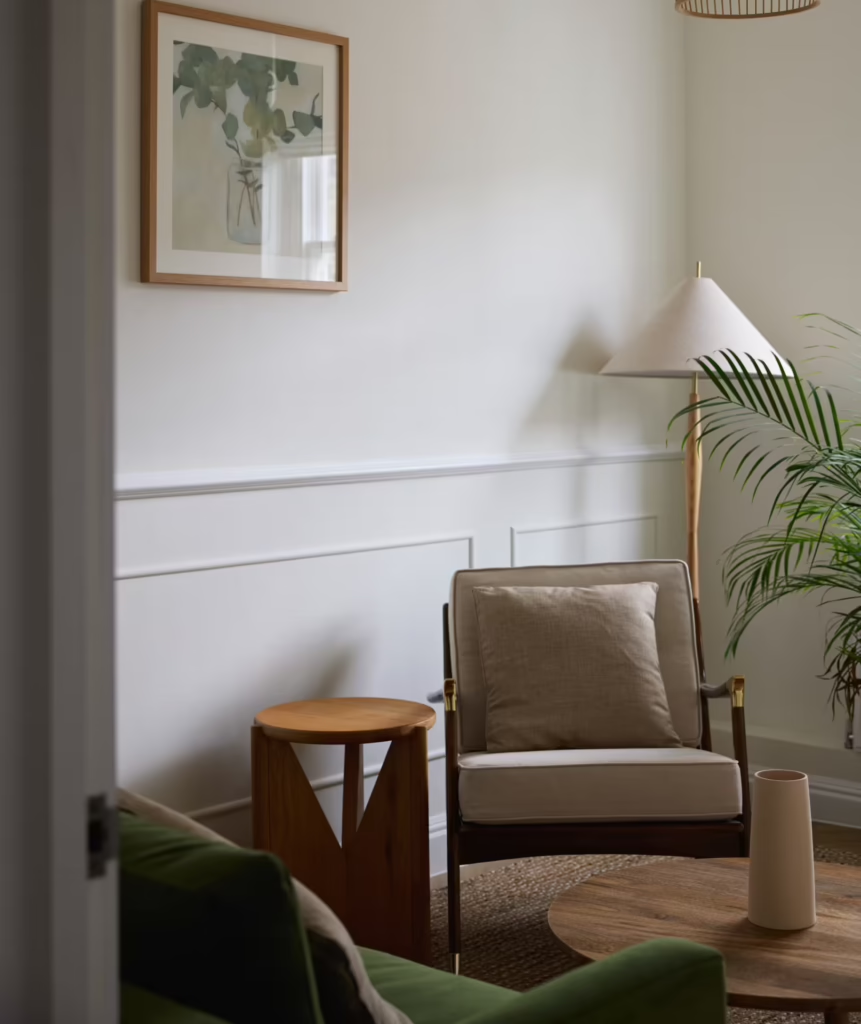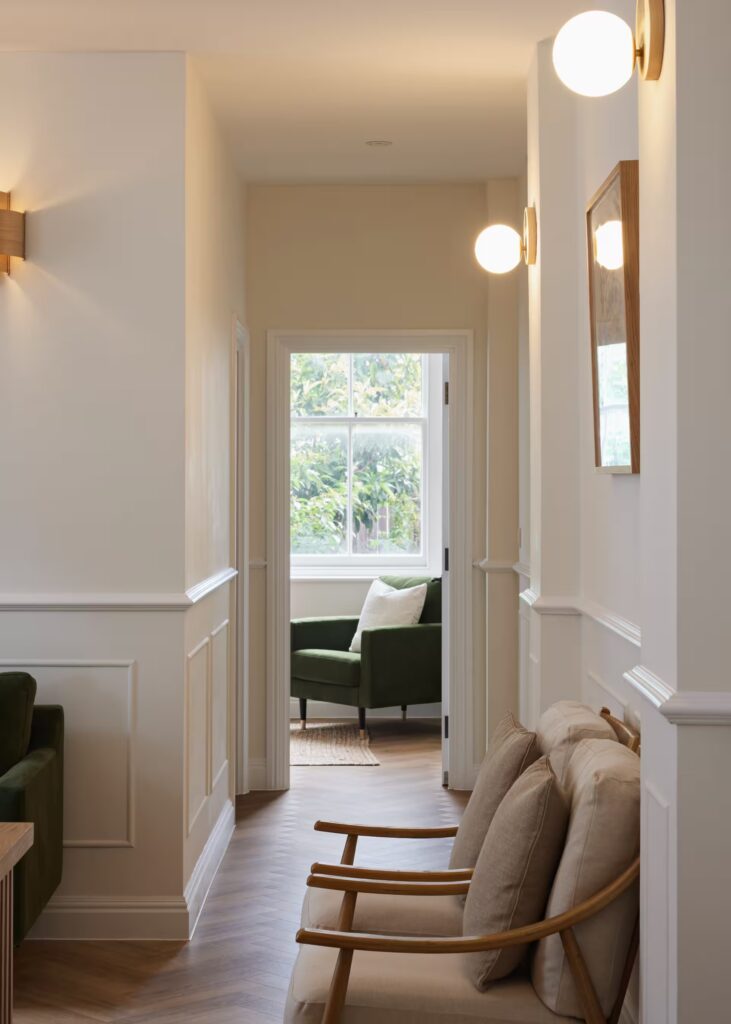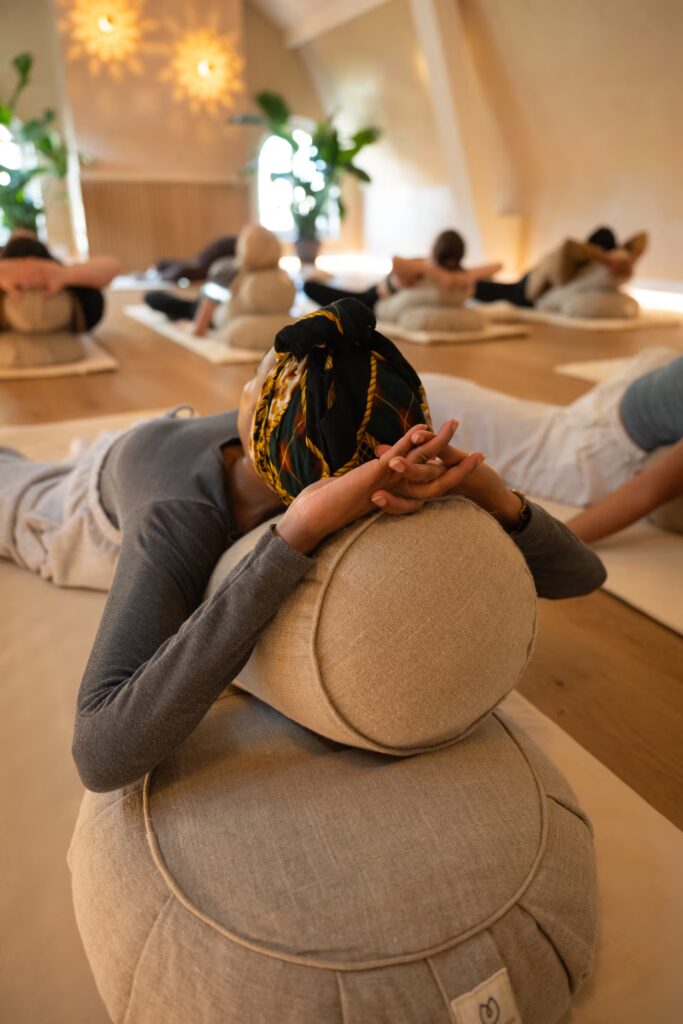What Is Depression?

Depression is more than just feeling sad or having a bad day. It’s a state that can affect your thoughts, emotions, energy levels, relationships and physical health. Everyone’s experience of depression is different, but common signs include:
- Feeling persistently low, numb or hopeless
- Loss of interest in things you usually enjoy
- Difficulty sleeping, or sleeping too much
- Changes in appetite, energy or concentration
- Withdrawal from others or everyday activities
- Feeling worthless, guilty or overwhelmed by self-critical thoughts
- Physical symptoms such as aches, fatigue or heaviness
- Thoughts about not wanting to be here or feeling like a burden
You might not relate to every sign — or you might not have the words for how you’re feeling — but if something feels “off” for a prolonged time, it’s worth reaching out.
Types of Depression
There are different forms and patterns of depression, including:
- Mild to Moderate Depression – low mood, motivation and energy that affects daily life
- Severe Depression – more intense symptoms, often making it difficult to function day to day
- Postnatal Depression – depression following the birth of a child, affecting any parent
- Situational or Reactive Depression – triggered by specific life events or losses
Chronic Low Mood or Dysthymia – long-term low mood that may feel like “just how I am”
Depression can also be linked to trauma, stress, burnout, grief or relationship difficulties.
How Therapy Can Help
Therapy can help you:
- Understand what might be contributing to your low mood
- Shift unhelpful thinking patterns
- Reconnect with your needs, values and inner strengths
- Build self-compassion and reduce self-criticism
- Find ways to cope, recover and move forward gently
At Seven Lion Yard, we offer several approaches that can support depression, including:
- Cognitive Behavioural Therapy (CBT) – helps break the cycle of negative thoughts and behaviour
- Acceptance and Commitment Therapy (ACT) – supports you in connecting with what matters, even when mood is low
- Compassion Focused Therapy (CFT) – helps reduce shame and develop kindness towards yourself
- Internal Family Systems (IFS) – explores and supports the parts of you that may feel stuck, low or lost
- EMDR – can help if depression is rooted in past trauma or overwhelming experiences
- Mindfulness-Based Therapies – build awareness, acceptance and calm in the present moment
You don’t need to know what kind of therapy you want — we’ll help you find what feels right.
What to Expect
Therapy doesn’t offer quick fixes — but it can offer hope, clarity and connection. You’ll be met with care and curiosity, not judgment. We work slowly, gently and in a way that respects where you are right now.
The journey out of depression can look different for everyone. Some days may still be hard — but therapy can help you find new ways of relating to yourself, to others and to life.

How our Studio Classes Can Help

Mindfulness, meditation and breathwork can all support people living with depression by helping you reconnect with the present moment and gently shift your internal state. Mindfulness encourages awareness without judgment, which can soften self-critical thoughts. Meditation offers moments of stillness and perspective while breathwork can ease physical tension and regulate emotional overwhelm. Together they can help you feel a little more grounded and spacious, even on difficult days.
You can book a class here to improve your wellbeing or contact us to find out more.